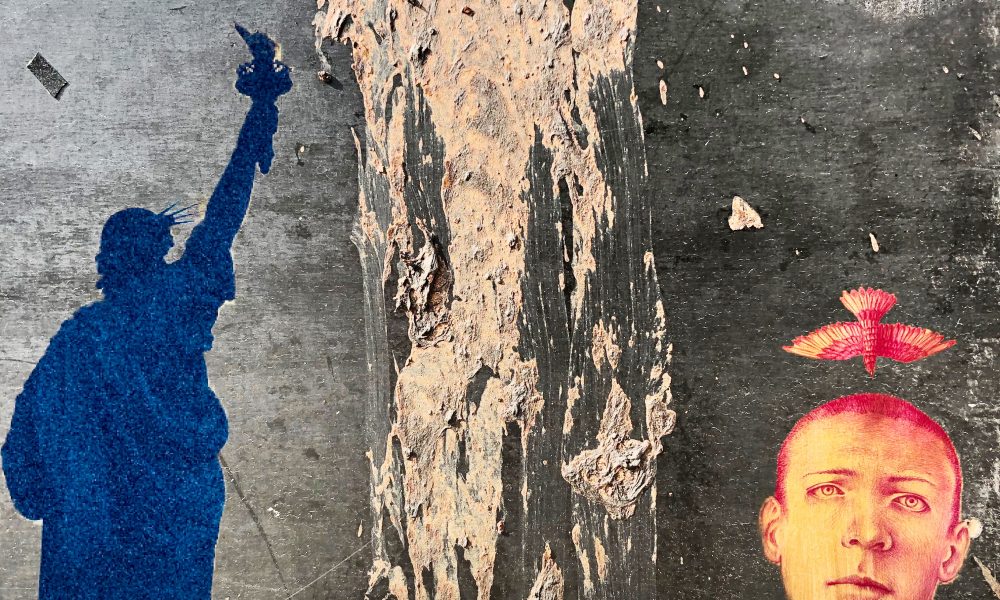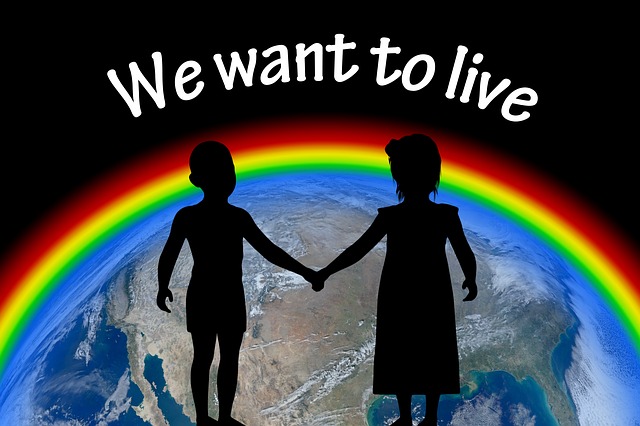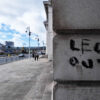Coronavirus News
Coronavirus EU negotiations stretch into the night over budget, coronavirus fund
On a terrace overlooking the sun-kissed city of Brussels, European Union leaders felt Saturday they were finally closing in on a deal for an unprecedented 1.85 trillion euro ($2.6 trillion Cdn) EU budget and coronavirus recovery fund, despite tensions running high after months of battling the pandemic.European Council President Charles Michel, centre left, speaks with German…

Coronavirus
On a terrace overlooking the sun-kissed city of Brussels, European Union leaders felt Saturday they were finally closing in on a deal for an unprecedented 1.85 trillion euro ($2.6 trillion Cdn) EU budget and coronavirus recovery fund, despite tensions running high after months of battling the pandemic.
On a terrace overlooking the sun-kissed city of Brussels, European Union leaders felt Saturday they were finally closing in on a deal for an unprecedented 1.85 trillion euro ($2.6 trillion Cdn) EU budget and coronavirus recovery fund, despite tensions running high after months of battling the pandemic.
Heading into a balmy summer evening, a deal was still far off, but several key nations said negotiations were at least heading in the right direction.
Two full days and one night of discussions by the bloc’s 27 leaders oscillated between raw irritation over how the huge sums should be spent and what strings should be attached to a glimmer of hope that somehow a deal could materialize — if not this weekend, then at least at another summit within a few weeks.
“Things are moving in the right direction,” said Austrian Chancellor Sebastian Kurz. “It is of course, as you would expect, a tough struggle, a tough negotiation, but we’re moving in the right direction, and that is the most important thing.”
The summit was supposed to end Saturday, but more nighttime negotiations lay ahead for leaders as they dealt with their toughest crisis in years, one that burdened the bloc with its worst recession ever.
EU summit host Charles Michel held talks with Geman Chancellor Angela Merkel, French President Emmanuel Macron and the main leaders involved in the dispute in an open-air space atop the Europa summit centre before joining other EU leaders for dinner.
The EU executive has proposed a 750-billion euro fund, partly based on common borrowing, to be sent as loans and grants to the most needy countries. That comes on top of the seven-year one-trillion-euro EU budget that leaders were fighting over even before COVID-19 slammed their continent.
Despite the urgency and seriousness of the crisis, there were deep rifts between some richer nations in the north, led by the Netherlands, which want strict controls on spending, and struggling southern nations like Spain and Italy, which have been especially hit hard by the pandemic and are looking for as much help as they can get.

Michel’s latest proposals reduce the proportion of grants in the rescue package and raise the proportion of loans that will need to be paid back, in an apparent enticement for a group of “frugal” nations led by the Netherlands, said an EU diplomat, who requested anonymity because the talks were still ongoing.
But the issue of how to track the rescue money remains the key sticking point, the diplomat said. Michel has proposed a measure that would stop short of allowing any country a veto on how governments spend the money.
Another diplomat described Michel’s new proposals as just the first step in what could be a long journey to agreement. The diplomat also spoke on condition of anonymity because they were not authorized to publicly discuss the closed-door negotiations.
Kurz said major issues still under discussion include the rule of law in EU nations and certainty on how the funds will be used.
Kurz and Dutch Prime Minister Mark Rutte are among the leaders of four “frugal” nations, also including Sweden and Denmark, that want conditions such as economic reforms attached to EU handouts to help countries recover from the economically devastating hit of the coronavirus pandemic and checks on how the money is being spent.
Earlier, Rutte met Saturday for crisis talks with Merkel, Macron and Italian Premier Giuseppe Conte, as well as the leader of the EU’s executive body, Ursula von der Leyen, and Michel.
The pandemic has sent the EU into a tailspin, with the 27-nation bloc’s economy contracting by 8.3 per cent this year, according to the latest predictions. About 135,000 of its citizens have died from COVID-19.

Subscribe to the newsletter news
We hate SPAM and promise to keep your email address safe











